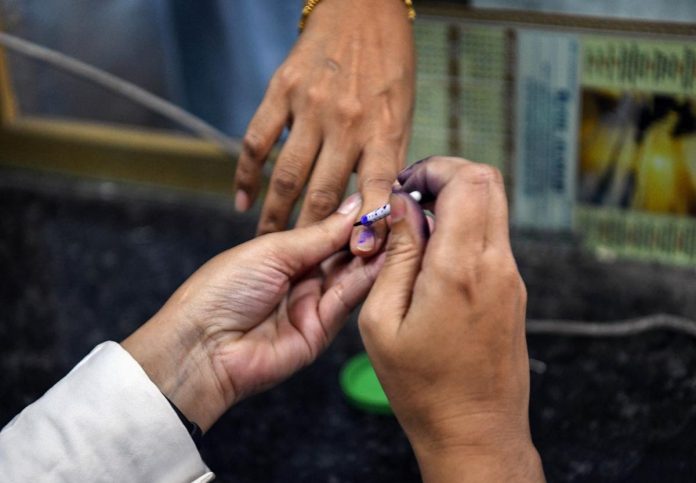New Delhi, July 30: The Association for Democratic Reforms (ADR) has identified significant discrepancies in the 2024 Lok Sabha elections, revealing mismatches between the number of votes polled and counted in 538 constituencies. This discrepancy has raised serious concerns about the accuracy and integrity of the election results, reported The Hindu.
Details of the Discrepancies
In a press conference, ADR reported that in 362 parliamentary constituencies, the number of votes counted was 5,54,598 fewer than the number of votes polled. Conversely, in 176 constituencies, there were 35,093 more votes counted than were polled.
These findings were outlined in the ADR’s report titled, “Discrepancies between the Votes Cast and the Votes Counted in the 2024 Lok Sabha Election: Multiple Perspectives.”
The only constituencies without discrepancies were Amreli, Attingal, Lakshadweep, and Dadra Nagar Haveli and Daman Diu, with Surat being uncontested.
Delayed Data and Lack of Transparency
ADR also criticized the Election Commission of India (EC) for the delay in releasing the final voter turnout data and the lack of disaggregated data at the constituency and polling station levels.
“The Election Commission has so far failed to give any reasonable explanation in declaring the election results before releasing the final and authentic data on vote count,” ADR founder Jagdeep Chokkar said.
He emphasized that this lack of transparency has heightened public suspicion regarding the correctness of the election results.
Call for Action
To maintain the purity and legitimacy of elections, ADR urged the EC to publish comprehensive data on the total number of electors, the number of voters as noted in the register, and the number of votes recorded by EVMs for each constituency. They also called for the disclosure of statutory forms 17C, 20, 21C, 21D, and 21E for the 2019 and 2024 Lok Sabha elections and for all future elections.
The ADR’s findings have put a spotlight on the discrepancies in the 2024 Lok Sabha elections, calling into question the electoral process and demanding greater transparency from the Election Commission of India. A response from the EC is awaited as the public and political stakeholders seek clarity on these serious concerns.




